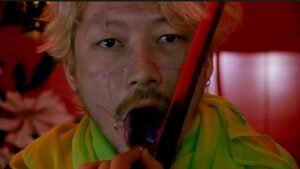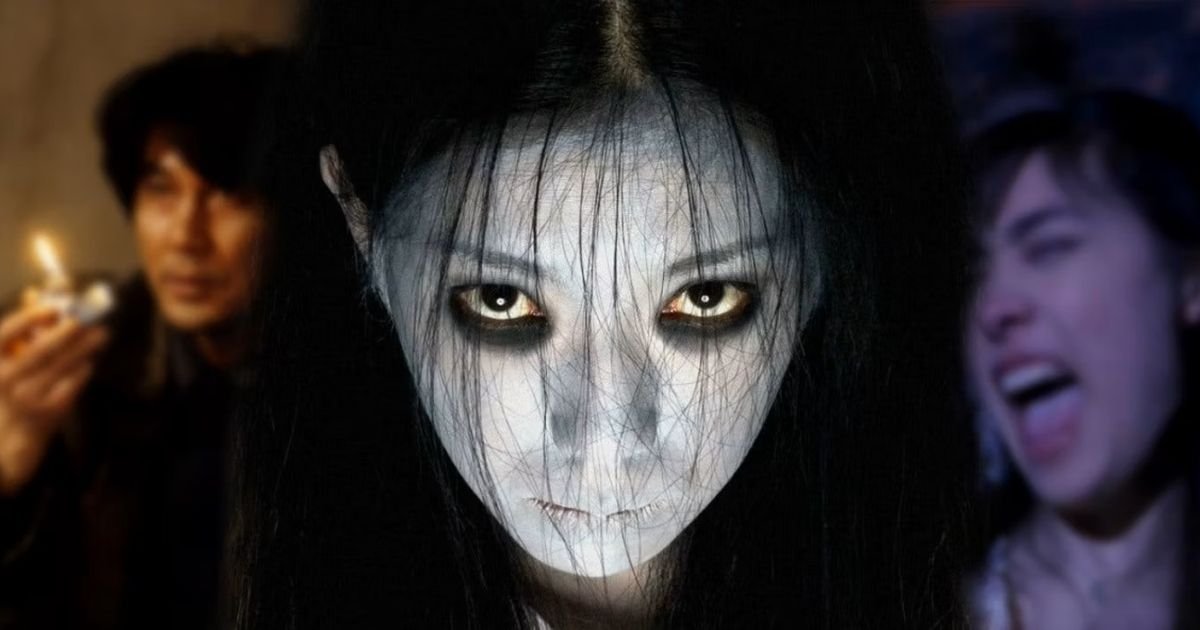Japanese Horror Films: What Makes Them Unique?
Japanese horror films have captured audiences worldwide with their unique style and storytelling. They stand apart from Western horror through their focus on psychological fear, cultural elements, and eerie atmospheres. Japanese horror often relies on subtle terror rather than jump scares, creating a lingering sense of dread. Let’s explore what makes these films so distinct and memorable.
1. Focus on Psychological Horror
Japanese horror films often delve into the psychological aspects of fear. Instead of relying on gore, they explore the human mind and emotions. Directors use slow-building tension and complex characters to evoke fear. This approach creates a deeper, more unsettling experience for viewers. Films like Ringu and Ju-On showcase how psychological horror can be more terrifying than visual scares.

2. Influence of Traditional Japanese Folklore
Many Japanese horror films draw inspiration from traditional folklore and ghost stories. These films feature vengeful spirits, curses, and supernatural beings rooted in Japanese culture. The idea of onryo, or vengeful spirits, is a common theme. These spirits often seek revenge for wrongs done to them in life. Films like The Grudge and Dark Water use these traditional elements to create chilling narratives that resonate with cultural beliefs.
3. Unique Storytelling Techniques
Japanese horror films often use unique storytelling techniques that differ from Western cinema. Directors prefer a slow pace, allowing tension to build gradually. They also use nonlinear narratives, which can confuse and disorient viewers. This approach adds to the unsettling atmosphere. The films often leave questions unanswered, making the horror linger even after the movie ends. This storytelling style keeps audiences on edge, as they never know what to expect.
4. Minimal Use of Special Effects
Unlike many Western horror films, Japanese horror tends to use minimal special effects. Directors rely more on sound, atmosphere, and subtle visuals to create fear. Shadows, eerie silence, and unsettling noises play significant roles in building tension. This minimalist approach makes the horror feel more real and believable. It engages the viewer’s imagination, which can often be more terrifying than any CGI monster.
5. Emphasis on Everyday Settings
Japanese horror often places supernatural events in everyday settings, making the horror feel more personal. Ordinary locations like homes, schools, and workplaces become the backdrop for terrifying occurrences. This approach blurs the line between the normal and the supernatural. It suggests that horror can happen anywhere, at any time. This everyday setting makes the fear feel more relatable and immediate.
6. Themes of Isolation and Loneliness
Themes of isolation and loneliness are common in Japanese horror films. Characters often find themselves alone against supernatural forces, heightening their sense of vulnerability. The films explore the fear of being disconnected from society or loved ones. This emotional depth adds layers to the horror, making it more than just about scares. It taps into universal fears, making the films resonate on a deeper level.
7. Cultural Taboos and Social Issues
Japanese horror films often address cultural taboos and social issues. They explore topics like suicide, family dysfunction, and societal pressures. These themes add a layer of real-world relevance to the supernatural elements. By highlighting these issues, the films offer social commentary alongside their horror. This dual focus makes the narratives richer and more thought-provoking.
Final Thoughts
Japanese horror films stand out for their psychological depth, cultural elements, and unique storytelling techniques. They move beyond simple scares to explore the complexities of fear, often leaving a lasting impact on viewers. By blending folklore, minimal effects, and everyday settings, they create a haunting and immersive experience. Whether through vengeful spirits or eerie atmospheres, Japanese horror captures a unique essence that sets it apart. For those seeking a deeper, more psychological horror experience, Japanese films offer a captivating dive into the darker aspects of the human mind and soul.



